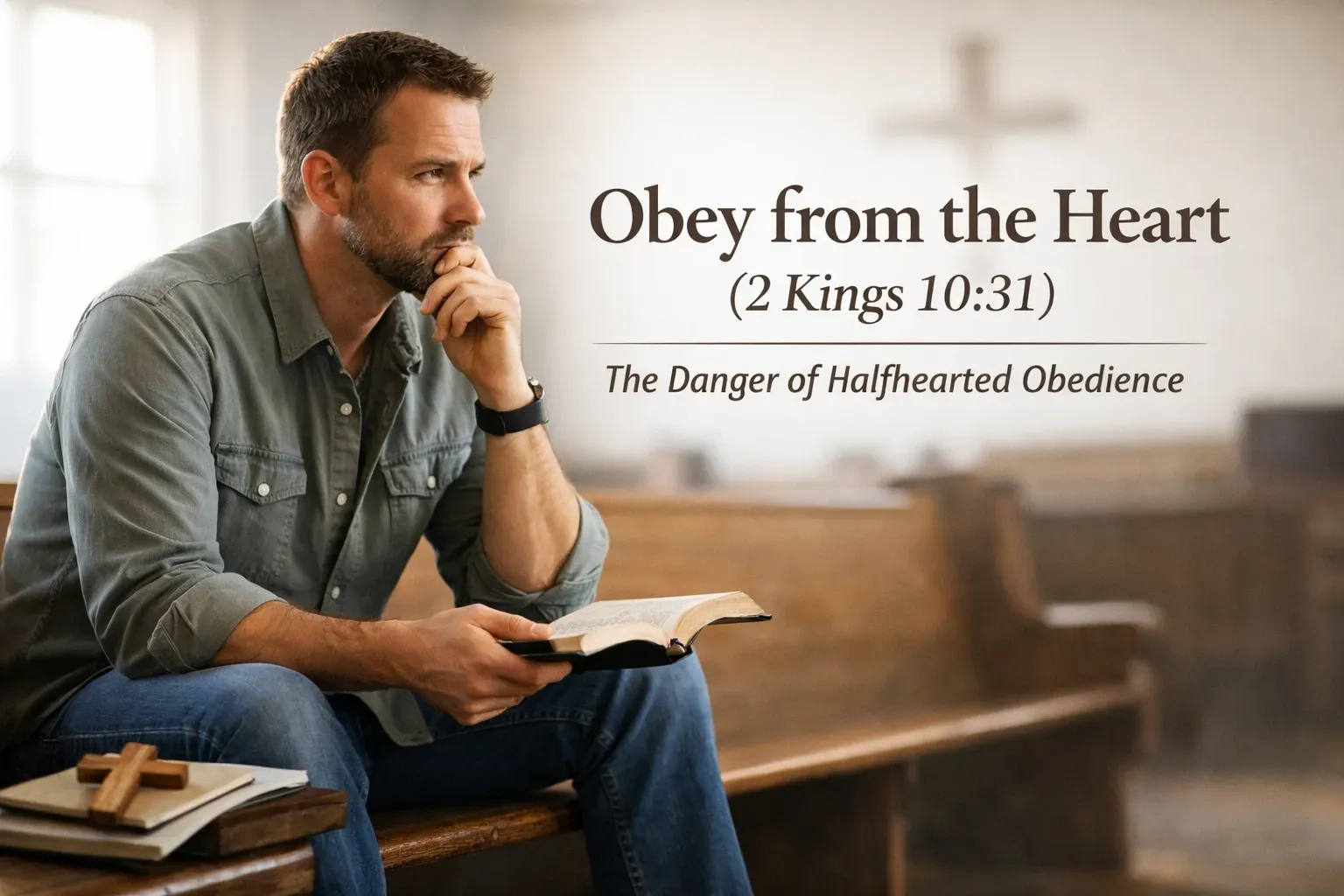The steps of her feet demonstrate the devotion of her heart
Today's Gleanings from back in the USA

Psalm 103:2 Bless the Lord, O my soul, And forget not all his benefits: 3 Who forgiveth all thine iniquities; 8 The Lord is merciful and gracious, Slow to anger, and plenteous in mercy.
***********************
Introspective prayer is also always focused on self-blame and self-pity
Elmer L. Towns,
How to Pray: When You Don’t Know What to Say (Ventura, CA: Regal; Gospel Light, 2006), 152.
***********************
Constant prayer is not something that can be taught; rather, it is something to be caught. No one can teach us how to talk to God—it’s developed from our intimate relationship with Him and our commitment to meet with Him each day. As God shows us how to live, we talk to Him. As God shows us what not to do, we talk to Him. As we face the constant needs and difficulties in life, we talk to Him.
Elmer L. Towns,
How to Pray: When You Don’t Know What to Say (Ventura, CA: Regal; Gospel Light, 2006), 176.
***********************
On the surface, the Wild Thing does a lot of things right. She professes to worship God. She offers “fellowship offerings” at church and appears to fulfill her vows (Proverbs 7:14). But a closer examination reveals that her heart really isn’t into it. Christ is not at the forefront of her affections. He has not captivated her heart. She loves herself and her own pleasure more. She only follows the Lord as long as it’s convenient, and as long as it doesn’t interfere with her quest to get what she wants (Zechariah 7:4–7; Isaiah 58:3–7). She lives a religious life, but does not love Jesus wholeheartedly. Though she calls Him “Lord, Lord,” she does not know Him intimately, nor does she eagerly and obediently follow His ways (Matthew 7:21–22).
***********************
Behavior is a good indicator, it is not a conclusive indicator. A woman can have the “right” behavior, yet still miss the mark by failing to have the right heart. Conversely, a woman’s heart may be right, but she could still be doing some things wrong. The Holy Spirit’s conviction and instruction in her life might still be a “work in progress.” Therefore, although it is our responsibility to evaluate behavior, discern right from wrong, and make judgment calls in our relationships, we need a strong dose of humility when doing so. Unlike the Lord, we are unable to see what is in a person’s heart.
***********************
Bottom line? The heart bone is connected to the foot bone. The more a woman’s heart is seized with affection for Jesus, the more her life will be transformed to walk in His way. This is abundantly evident in the behavior of the people who were seized by the power of a great affection during the Great Awakening.
The first and most important characteristic of a Girl-Gone-Wise is that Jesus Christ occupies first place in her heart. He is the object of her greatest affection. A Girl-Gone-Wild loves the Lord little. A Girl-Gone-Wise loves Him much. The steps of her feet demonstrate the devotion of her heart.
Mary A. Kassian,
Girls Gone Wise in a World Gone Wild (Chicago, IL: Moody Publishers, 2010).
***********************
Three aspects of prayer are important in spiritual warfare. The first aspect is thanksgiving. Often in the heat of the battle, when we are faced with discouragements or suffering, we are strongly tempted to become self-absorbed and to succumb to self-pity and the “poor me” syndrome. We begin to focus on the problem and the conflict and forget that the Lord is battling for us. As time goes on, spiritual fatigue sets in. This is why prayer and perseverance are so often linked together. In prayer, we are rested, refreshed, and refocused on the work of God in our lives.
The second aspect of prayer that is vital in spiritual warfare is confession. Confession means that we recognize sin in our lives and admit it to God. The attitude underlying confession is humility. We recognize that we have disobeyed God and acknowledge our culpability. Underlying confession is the realization of our own dependence upon God and the reality that Christ has already paid in full for that sin. First John 1:9 promises, “if we confess our sins, He is faithful and righteous to forgive us our sins and to cleanse us from all unrighteousness.” The word translated “cleanse” here is the same word used in James 4:8: “Cleanse your hands, you sinners.” As we saw in the previous chapter, the statement of James 4:6–10 must be taken in its entirety. That passage is framed in verses 6 and 10 by commands to be humble because true humility involves confession of sin. This is part of submitting to God and resisting the Devil. This is what it means to draw near to God. As we do so, we are promised that God will draw near to us. Jesus linked our level of obedience to a greater disclosure of God: “He who has My commandments and keeps them, he it is who loves Me; and he who loves Me shall be loved by My Father, and I will love him, and will disclose Myself to him” (John 14:21).
The third aspect of prayer that is vital in spiritual warfare is petition. As we encounter opposition and hostility in the world from the flesh, the world, or Satan, we call upon God to come to our aid. This again demonstrates the basic attitude that is foundational to spiritual warfare—humility. In prayer, we adopt an attitude of submission and humility toward God. We call on Him to intercede in our behalf.
Robert Dean Jr. and Thomas Ice, What the Bible Teaches about Spiritual Warfare (Grand Rapids, MI: Kregel Publications, 2000), 167–168.
**************************
We must realize that believers are never instructed to rebuke the Devil or his demons.
Robert Dean Jr. and Thomas Ice,
What the Bible Teaches about Spiritual Warfare (Grand Rapids, MI: Kregel Publications, 2000), 187.
***********************
Over the last few years, we have talked with many Christians who have become discouraged with the “quick-fix” approaches to spiritual warfare in which they were taught to rebuke Satan rather than resist him to handle their problems. When this strategy didn’t work, they become discouraged and dropped by the wayside. Often, these people didn’t really want to quit the race; they simply had not received the proper training or developed the kind of maturity and character necessary to endure the tough battles. Their basic problem was that they had been on a spiritual diet of ice cream and cookies and their exercise program had amounted to watching games on television while relaxing in their easy chair.
Robert Dean Jr. and Thomas Ice,
What the Bible Teaches about Spiritual Warfare (Grand Rapids, MI: Kregel Publications, 2000), 191.
***********************
This morning I ended the reading my Bible through in about four months. It is hard work for me to find time for this, but all I read I owe to early rising. If I were not always to rise by five, and sometimes at four o'clock, I should have only time to eat my breakfast, pray in the family, and get ready for my journey, as I must travel every day.
Ezra Tipple,
Francis Asbury,
***********************
If you are to be effective, the audience needs to be able to follow your thoughts and think along with you.
R. Larry Moyer,
Show Me How to Preach Evangelistic Sermons, Show Me How Series (Grand Rapids, MI: Kregel Academic & Professional, 2012), 174.
***********************
An expository evangelistic speaker starts with the text. He does not prepare a message and then find a text that fits it.
R. Larry Moyer,
Show Me How to Preach Evangelistic Sermons, Show Me How Series (Grand Rapids, MI: Kregel Academic & Professional, 2012), 175.
***********************
You will be a better communicator if you can condense your thoughts to a simple sentence.
***********************
R. Larry Moyer,
Show Me How to Preach Evangelistic Sermons, Show Me How Series (Grand Rapids, MI: Kregel Academic & Professional, 2012), 177.
***********************
In The Preacher: His Life and Work, Jowett makes the comment, “I have a conviction that no sermon is ready for preaching … until we can express its theme in a short, pregnant sentence as clear as crystal.”2 People love truth that is simply stated. When he states his message simply, the speaker proves that he understands the passage and can help the audience understand.
2 John Henry Jowett, The Preacher: His Life and Work (Rahway, NJ: George H. Doran Company, 1912), 133.
R. Larry Moyer,
Show Me How to Preach Evangelistic Sermons, Show Me How Series (Grand Rapids, MI: Kregel Academic & Professional, 2012), 177.
***********************
Now think through your main idea by asking yourself three questions:
• What does this mean? (Is this something the writer of Scripture is trying to explain?)
• Is that true? Do I really believe it? (Is this something the writer of Scripture is trying to prove?)
• So what? What difference does it make? (Is this something the writer of Scripture is trying to apply?)
R. Larry Moyer,
Show Me How to Preach Evangelistic Sermons, Show Me How Series (Grand Rapids, MI: Kregel Academic & Professional, 2012), 178.
***********************
In Biblical Preaching, Haddon Robinson comments, “There are three kinds of preachers: those to whom you cannot listen; those to whom you can listen; those to whom you must listen.”
R. Larry Moyer,
Show Me How to Preach Evangelistic Sermons, Show Me How Series (Grand Rapids, MI: Kregel Academic & Professional, 2012), 181.
***********************
Warren and David Wiersbe comment, “God is not the author of confusion, but some preachers are, and they do it in God’s name.”
R. Larry Moyer,
Show Me How to Preach Evangelistic Sermons, Show Me How Series (Grand Rapids, MI: Kregel Academic & Professional, 2012), 182.
***********************
During the Civil War, President Lincoln reportedly attended a church not far from the White House on Wednesday nights. The preacher allowed the president and his Secret Service agent to sit in the pastor’s study with the door open and within hearing distance of the pulpit so they wouldn’t be a distraction to the people. One Wednesday, Lincoln and the Secret Service agent were walking back to the White House. The agent asked, “What did you think of tonight’s sermon?” Lincoln reportedly answered, “Well, it was brilliantly conceived, biblical, relevant, and well presented.” The agent asked, “So, it was a great sermon?” Lincoln answered, “No, it failed. It failed because he didn’t ask us to do something great.”
R. Larry Moyer,
Show Me How to Preach Evangelistic Sermons, Show Me How Series (Grand Rapids, MI: Kregel Academic & Professional, 2012), 185.
***********************
How do we keep from getting entangled? By seeking to please Jesus Christ in our every motive, word and action.
Warren W. Wiersbe,
Be What You Are: 12 Intriguing Pictures of the Christian from the New Testament (Wheaton, IL: Tyndale House, 1988), 116.
***********************
I Chronicles 16:24 Declare his glory among the heathen; His marvellous works among all nations.











